What the Employment Rights Bill could mean for Disabled People and Carers
11th October 2024
Yesterday the Government brought forward the Employment Rights Bill for its first reading in the House of Commons. This legislation is part of the Government’s programme to ‘Make Work Pay’, and is designed to help more people stay in work, increase job security and boost living standards.
There are several elements of the Bill which are important for disabled people, carers and those with long-term health conditions. The Bill is designed to improve job security for those in insecure work, who earned on average £63 less per week in 2023. As the Work Foundation have reported on, in 2023, this includes 1.45 million disabled workers. We will watch the impact of these measures, and whether they improve employment conditions for disabled workers with interest.
The Bill also improves Statutory Sick Pay (SSP) by removing the lower earnings limit. This will allow 1.15 million workers to access SSP, where they currently hadn’t before. As disabled people are more likely to be in lower-paid jobs, this will include many disabled people, as well as those who are paid carers, or Personal Assistants. We remain cautious that SSP in the UK remains weak relative to OECD standards and still remains ~£60 per week below statutory maternity pay. We are also cautious that employers obligations towards sick employees also remain limited. We recommend that legislation should also help sick employees remain engaged with their roles during absence, thereby supporting their re-entry to work after illness.
Adult Social Care itself may benefit from this Bill, with a new Adult Social Care Negotiating Body set up. This will support with bargaining power for carers, when calling for better pay and conditions. This is likely to see the minimum wage for paid carers increased. The Adult Social Care sector has long been struggling, and we speak to many disabled people who struggle to recruit carers. This measure may change this, and we will watch with interest the impact that this has. If pay is increased, this would be a welcome step forward in attracting more people into the sector, to improve care for all.
Another key element of the Bill is to make flexible working the default. This is an issue that we have focused on this year, and we believe that this will improve opportunities to stay in and succeed in work, for both disabled people, as well as unpaid carers.
We will monitor with interest how it impacts outcomes for disabled people, those with long-term health conditions, and carers.
